Should You Buy the Synology DS720+ or Terramaster F2-423 NAS Drive
Prosumer 2-Bay’s such as the Synology DS720+ and Terramaster F2-423 NAS are designed for users who prioritize system power over maximum capacity in their server. If you have just made the decision to switch from public cloud services (Google Dive, DropBox, etc) towards your own private NAS server, then chances are you might have been a little surprised by the price tag of the average NAS. Because subscription services are months subscription-based that are spread over years and years, requiring little-to-no extra physical hardware on the client side (you!), a fully deployed NAS server with HDDs and/or SSDs can seem quite the investment up from for a small home or business user. Thankfully, the NAS market has evolved quite alot over it’s 20+ years of commercial availability, resulting in scaled solutions/brands that do a reasonable job of fulfilling their portfolio with NAS drives that allow you to make more targeted purchases (i.e you pay for the things you want to use and save on the bits you don’t). Now, in the world of private servers, the big brand that everyone recommends as your entry point into NAS is Synology. This brand has an extensive portfolio of solutions, trades more on it’s 1st party software than hardware and despite its ‘generally higher than most pricetag’ is considered the top brand in NAS. However, that higher price point and prioritising software over hardware has always been something of an annoyance to some of the more DiY or technically-versed buyers. These are users that want to adapt a solution themselves, want value for money and don’t want to be locked in too much to a single ecosystem. Into this debate, arrives Terramaster. Terramaster is a smaller company, that trades more on it’s hardware than its software – whilst still keeping things affordable. Changes are you came to this article because you have been comparing the Synology DS720+ from 2020 and the Terramaster F2-423 from 2022, trying to figure out how a Synology that is 2.5yrs old with lesser hardware is STILL more expensive than the 3 months old Terramaster with pretty current Prosumer hardware on board. So, that is the purpose of today’s comparison, to lay out how they differ, and how they are the same and ultimately help you decide which solution is best for you and your data in 2022/2023!
Synology DS720+ or Terramaster F2-423 NAS – Internal Hardware
Now, the hardware inside the Terramaster F2-423 is definitely the more modern (unsurprisingly given the 2+ year release difference) and, frankly, in terms of the traditional hardware available in the default model of each, the Synology is certainly showing its age a tiny bit. Both of these are 2-Bay SATA 3.5/2.5″ drive systems that support multiple 2 Disk RAID systems (JBOD, RAID 0 and RAID 1) and an internal Fluid/Flexible RAID (SHR or TRAID respectively) for better scaling of storage over time. As well as traditional storage, they also feature two M.2 NVMe 2280 SSD bays. Now, after this, the comparisons get a little all over the place! For a start, the M.2 NVMes on the Synology can only be used for read/write caching performance benefits, whereas the slots on the Terramaster can be used for caching AND raw storage pools (i.e to store data the same as the HDD bays). Both systems support the choice of BTRFS or EXT4 as the file system at initialization – though traditional file system performance (regardless of the hardware difference) seems better on the Synology NAS. They both arrive with DDR4 memory by default, but the Synology DS720+ arrives with 2GB and can only be upgraded to 8GB (CPU/Brand recommendation), whereas the Terramaster F2-423 arrives with 4GB and can be upgraded to 16GB. Before we dip into the main CPU differences, here are the internal specifications side-by-side:
| Model | Synology DS720+ NAS
|
Terramaster F2-423 NAS
|
| Number of SATA Bays | x2 | x2 |
| Supported RAID | RAID 0, 1 and SHR (Flexible) | RAID 0, 1 and TRAID (Flexible) |
| Number of M.2 NVMe Bays (Gen) | 2x NVMe M.2 2280 Gen 2 x4 | 2x NVMe M.2 2280 Gen 3×2 |
| M.2 NVMe Deployment? | Caching Only | Caching and/or Storage Pools |
| CPU | Intel Celeron J4125 CPU | Intel Celeron N5105 CPU |
| Cores | 4-Core | 4-Core |
| Frequency | 2.0Ghz-2.7Ghz | 2.0Ghz-2.9Ghz |
| Integrated Graphics | Yes | Yes |
| Default Memory | 2GB DDR4 SODIMM (Fixed) | 4GB DDR4 SODIMM |
| Max Memory | 6GB SODIMM – 1 SLOT | 16GB SODIMM – 2 SLOTS |
| Storage Expandability | Yes, eSATA connected DX517 | No, but external USB RAID is Supported |
| Power Supplier | 65W | 65W |
The CPU inside the Synology DS720+ NAS is an Intel J4125, released at the end of 2019 and although was a very popular CPU at the time (with many brand, including Terramaster featuring it in their systems), it has now seen a couple of newer generation quad-core Celeron’s for servers released in that time – the N5105 and J6412. Now the pandemic and its effect on the supply chains through 2020/2021 did make things rather messy in the Celeron family (at one point the N5105/N5095/N5095A were all running at the hardware/OEM level), but things have levelled out now and in terms of this scale of storage, most other brand have moved onto the N5105 or J6412 CPU. As you can see in the chart below (N5105 highlighted in particular, as it is the best of the three), in the release time between the Intel J4125 and N5105, there have been multiple improvements in architecture, efficiency and scalability of the CPU inside the Terramaster NAS.
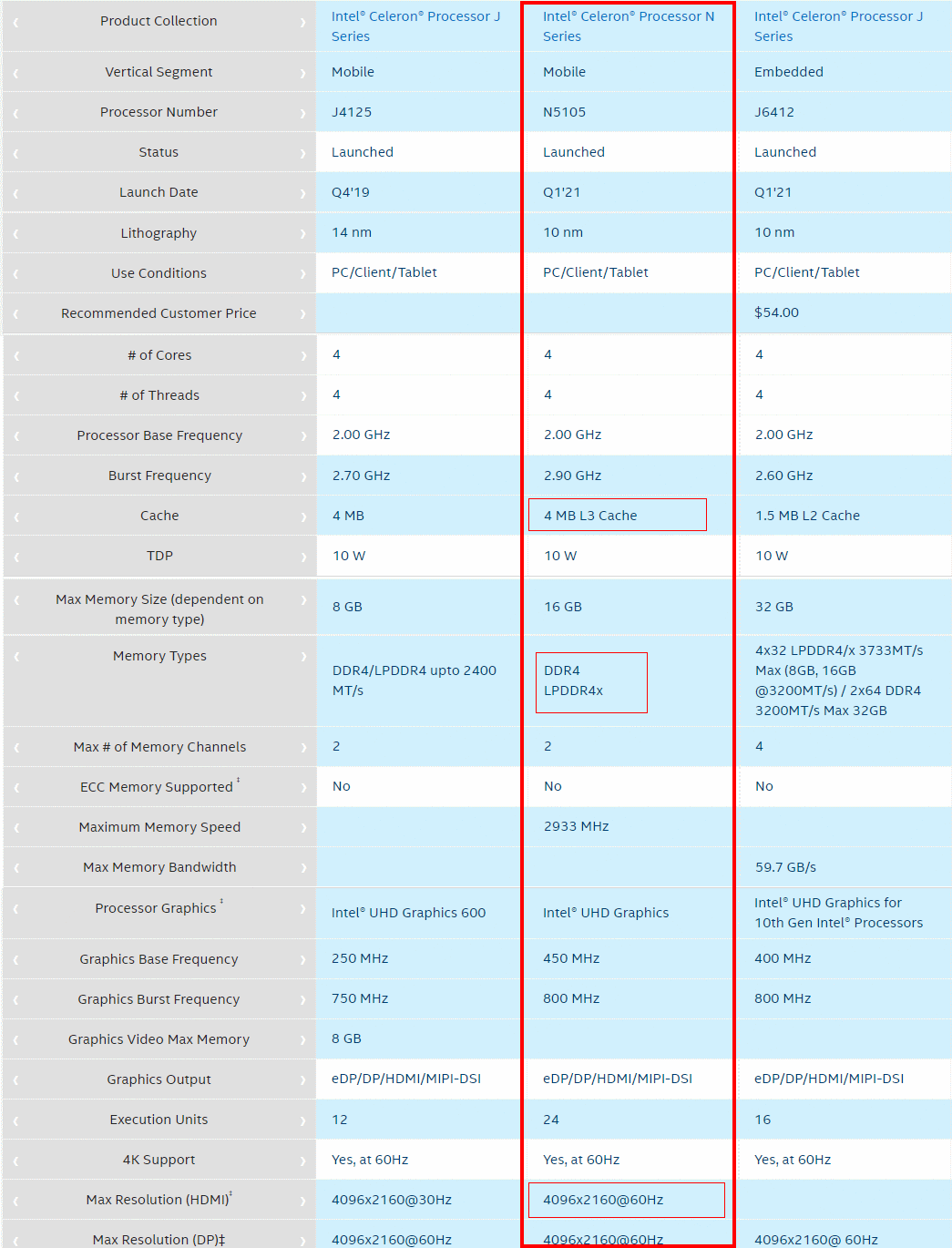
Now, this margin of difference between the DS720+ and F2-423 NAS’ CPU is NOT Synology’s fault – we ARE comparing two devices that were commercially released two years apart! However, with the recent news that the next-gen DS723+ NAS is arriving with an AMD Embedded Ryzen Dual Core R1600 CPU (no integrated graphics, half the cores, higher TDP/Power use potential – but the same threads and higher clock speed), right now the DS720+ is still the go-to NAS for Prosumers/Plex Media users wanting a 2-Bay Synology NAS with an integrated graphics CPU for things like transcoding and conversion of HEVC/H.265 media on the server side. So, in THAT context, the hardware in the DS720+ still needs to be compared against that of the F2-423 and, sadly, is found a little lacking 2.5yrs on. The general hardware, performance and throughput of the Synology DS920+ NAS is still excellent, but if you are considering a NAS server for it’s hardware so you can run 3rd party processes and want value for money, the Terramaster F2-423 NAS is the hardware favourite here!
Synology DS720+ or Terramaster F2-423 NAS – Design
This is going to be a real area of contention for some users who are either in close proximity to the NAS they buy or are a little more sensitive to noise. I say this because the Terramaster F2-423 NAS has great hardware, but the design is a little less impressive. The chassis (arriving in a combination of plastic and metal internal structure) is a little more dated in design than the Synology DS720+. This is further underlined when you see that the F4 series used the same chassis material, design and shape as the F5 and F4 systems. The result is a NAS that is a bit wider than the DS720+. Additionally, the chassis feels a little more cost-effective/budget on the Terramster than the Synology. Synology has been using this form of design in their 2-Bay and 4-Bay chassis since around 2017 in the Diskstation series and it still looks pretty modern by comparison.
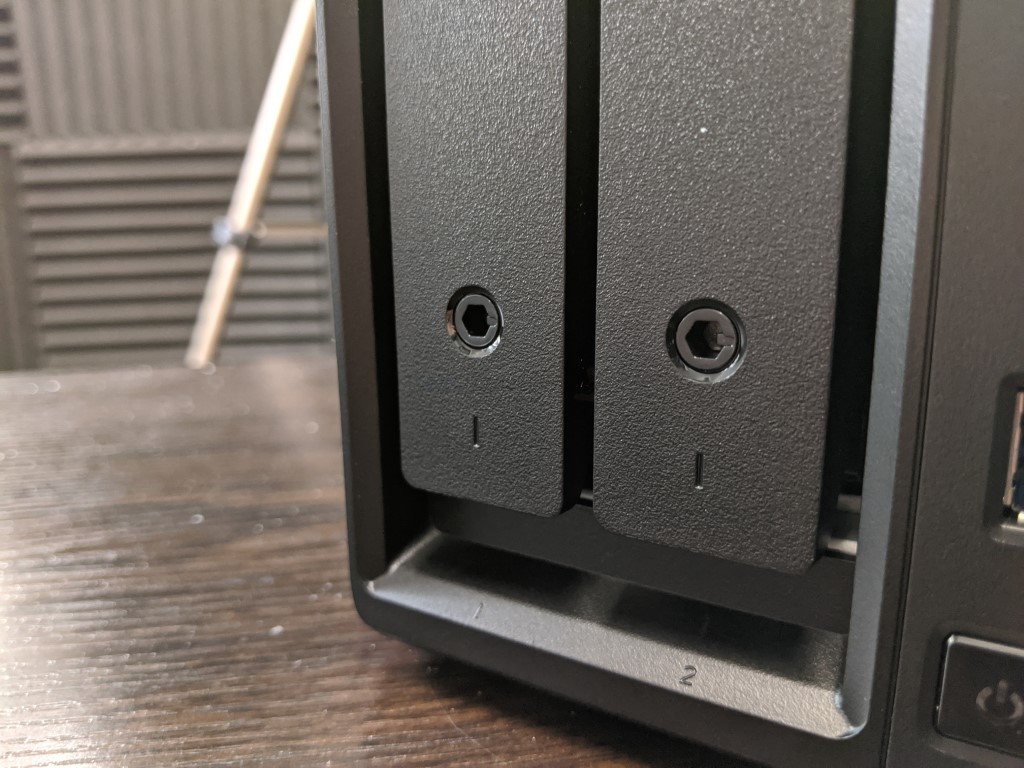 |
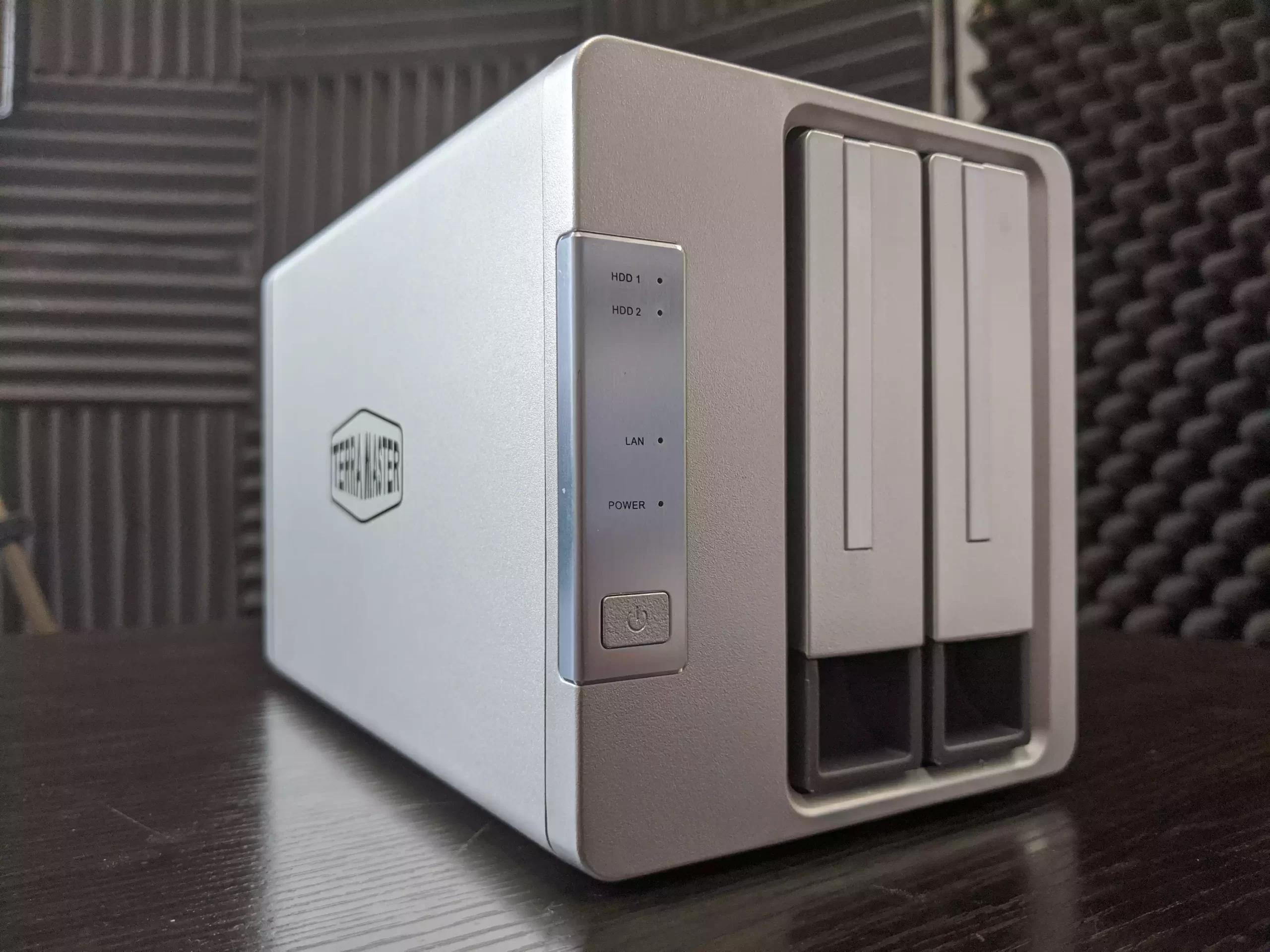 |
The rear of these two chassis reveals that they both arrive a single rear active cooling fan. These fans are designed to maintain the best possible internal running temperature, as NAS servers of this scale rarely have CPU fans and rely on well-placed heatsinks and strategically placed airflow throughout the system to keep the components running at the most efficient temperature 24×7. The fans on the Synology are a little more integrated into the shape, but are also a fraction larger (92cm sq on the Synology vs 80cm sq on the Terramaster). You might think this means that the Synology is the noisier of the two. However, in reality, the Terramaster is the tiniest pinch louder in ambient noise when in operation. This is due to several factors. The first is the fan is part of a larger external block on the rear of the device (as opposed to being contained within the larger casing). The other reason is that the Terramaster NAS chassis contains more metal (on the base and a much more structured use of aluminium internally by comparison to the Synology which features alot more plastic in it’s framework and external. The noise difference is very, VERY small, but will be increased a pinch more when using more industrially designed HDDs above 10TB (that have more platters thanks to helium-sealed drive technology, dedicated 7200RPM) because of the increased vibration and resulting hum, clicks and whirrs. It’s a very small difference, but the particular noise sensitive will notice this.
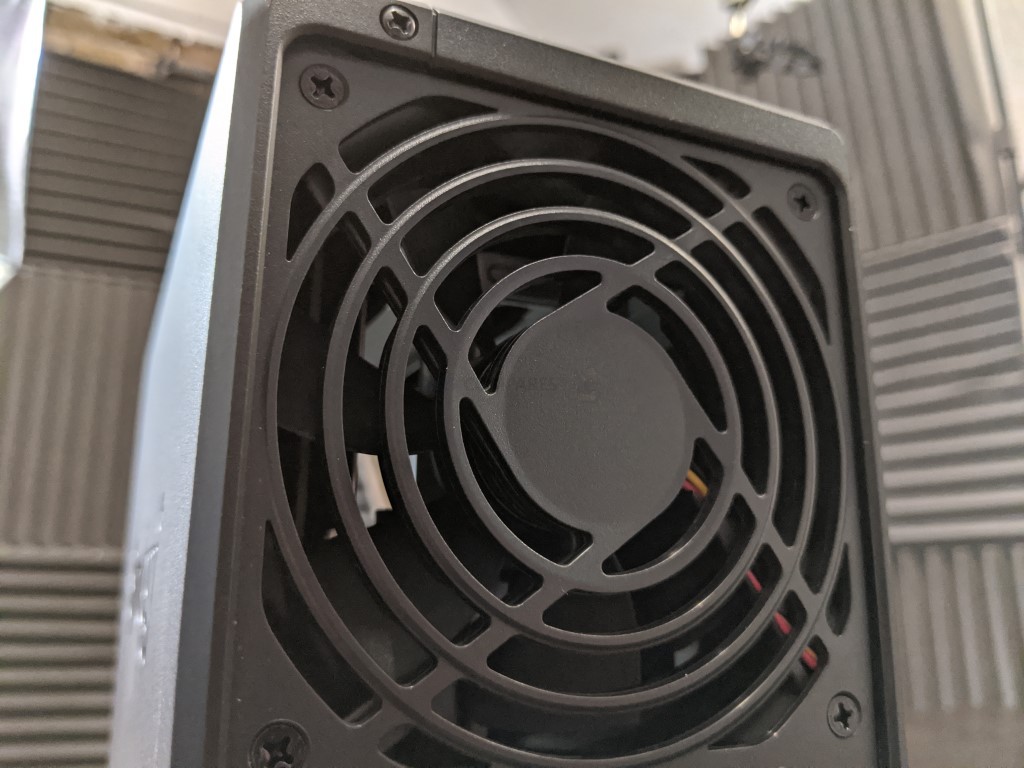 |
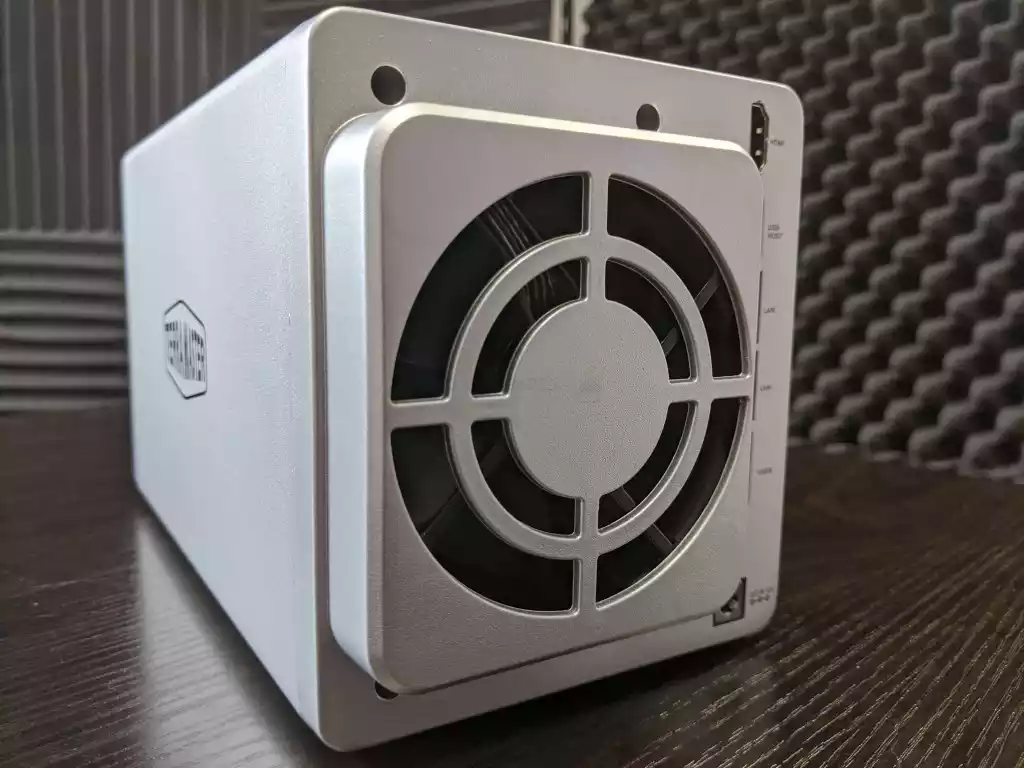 |
The final thing to discuss in the chassis design of the Synology DS720+ and Terramaster F2-423 is velitation and passive cooling. Both of these NAS drive’s have ventilation places around their casing to work in conjunction with those active cooling fans. The Synology arguably does a better job of things on this too, as not only do the sides of the casing have the familiar brand logo in a vented design, but the M.2 slots have ventilated covers on the base and even the trays have a bit more airflow between the drives. The Terramaster has a small amount of ventilation on the front between the bays, but the bulk of the passive ventilation on the F2-423 is on the base of the chassis (under the storage bays). Although the overall impact of these passive ventilation methods is still going to be heavily dependent on the fans and internal heatsinks, the design of the Synology DS720+ chassis just seems a little more thought out.
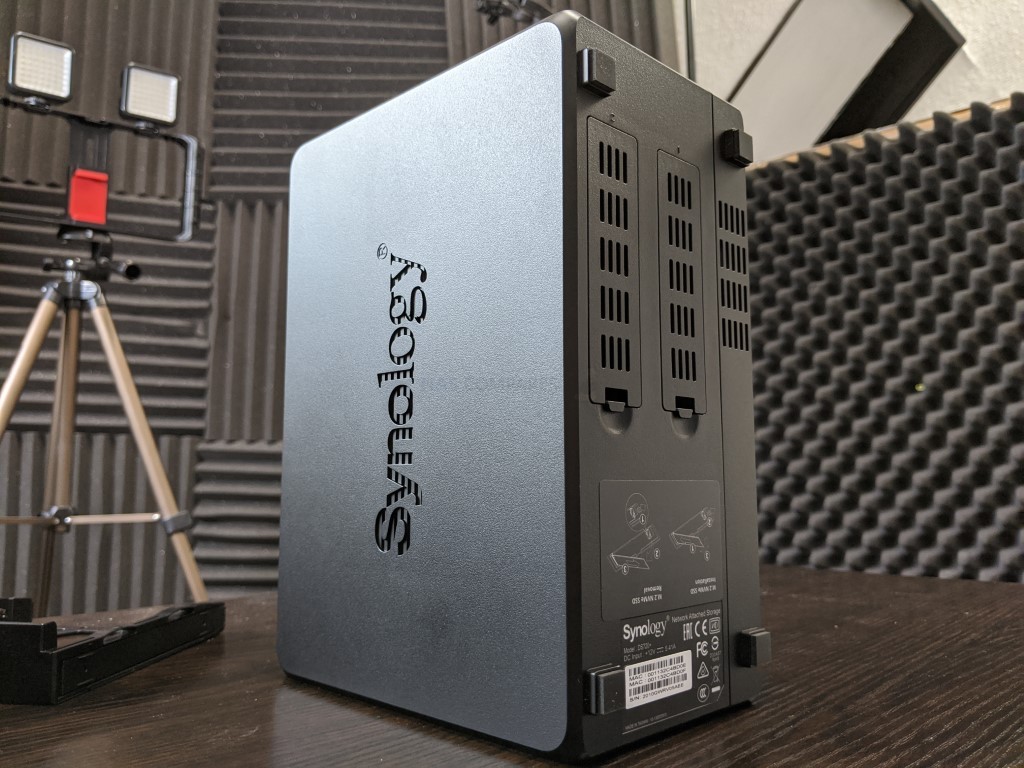 |
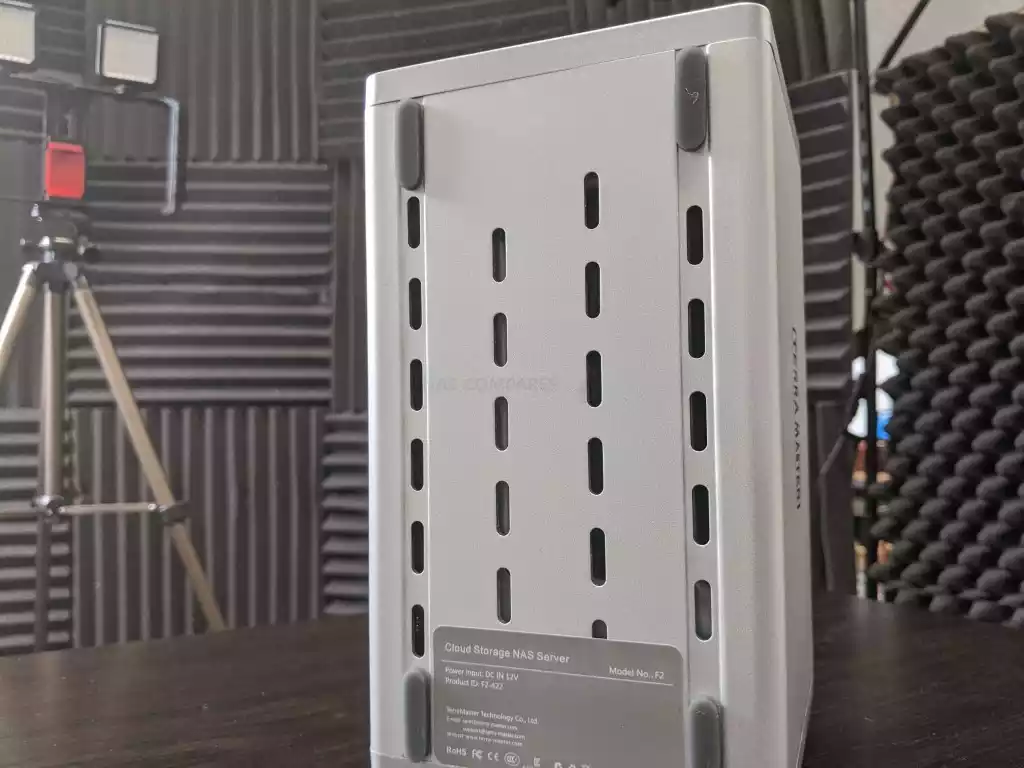 |
Overall, the SYNOLOGY design wins overall, thanks to its better middle ground design between airflow, chassis size and noise compared with the Terramaster F2-423. Although neither brand provides its solutions in a variety of colours, the Black and largely square Diskstation chassis will blend in better in most environments too. Next, let’s discuss network connectivity.
Synology DS720+ or Terramaster F2-423 NAS – Ports and Connections
The connections that a NAS arrives with will heavily dictate the access speed and performance between it and your client devices. This becomes especially true when your NAS is going to be accessed by a large number of users/tasks at any given time, as the result is the bandwidth (the maximum potential connection speed) being shared between them all. Now the 2020 released DS720+ arrives with arguably very dated connectivity. This is especially true when compared with the 2022 released F2-423. Here is how they compare off the bat:
| Model | Synology DS720+ NAS
|
Terramaster F2-423 NAS
|
| Default Network Connections | 2x 1GbE | 2x 2.5GbE |
| Network Upgrade / PCIe Slot | No | No |
| USB 3.2 Gen 2 (10G) | 0 | 2x |
| USB 3.2 Gen 1 (5G) | 2x | 0 |
| USB 2.0 | 0 | 0 |
| eSATA | 1 | 0 |
| HDMI | No | 1x HDMI 2.0 (Command Interface ONLY, no GUI) |
| Audio In/Out | No | No |
So, alot of difference here to unpack. Some things are quite brand specific, such as the Synology DS720+ featuring an eSATA port that is used for the DX517 JBOD expansion 5-Bay. The same goes for the Terramaster F2-423 having an HDMI port for local (command level) access with a USB Keyboard, something Synology have never provided outside of very specific Surveillance solutions. Bt the areas we CAN compare are the USB connectivity and the network connectivity. The USB ports on the Synology are USB 3.2 Gen 1 (5Gb/s) and have limited support in the system software (DSM), but are largely used for external storage drives and UPS devices, that’s about it (you can assign them to a VM). The USB ports on the Terramaster on the other hand are USB 3.2 Gen 2 (10Gb/s), so twice as higher bandwidth than the Synology, as well as supporting a larger number of USB devices (so storage and UPS’ like the Synology, but also devices such as printers, scanners, network adapters and WiFi dongles). The next big difference is that the Synology arrives with two 1GbE Network ports (these can be combined via LAG/Port-Trunking to 2GbE with a smart switch) and the Terramaster has 2x 2.5GbE ports (which can also be combined too). This means the Terramster has a significantly higher external network bandwidth available. You will still need to be using a greater than Gigabit Router or Switch in order to take advantage of these speeds, but given that now you can get USB-to-2.5GbE adapters for as little as £20, this is getting easier to take utilize. If you are in a pure 1GbE network environment and have zero intention to upgrade to 2.5G or 10G in the next few years, you can largely ignore this advantage, but given that an increasing number of day-to-day devices are arriving with 2.5G at the same price as 1G (ISP Routers with WiFi 6, Prosumer routers, Switches, PC Motherboards, etc), its tough to overlook that extra external connectivity that the F2-423 provides here.
Synology DS720+ or Terramaster F2-423 NAS – Software
On the subject of NAS software, this is where the Synology NAS is exceedingly strong! Although the Terramaster NAS platform has seen a huge number of improvements in recent years (TOS version 5 was launched in Summer 2022), with new apps, services and modes included, Synology and DSM is still considered the dominant force in NAS software. The Synology DSM platform feels alot more responsive, has a huge number of first-party applications (As well as mobile and desktop client applications too) and although 3rd party application support is available in a number of their tools, the real strength in the Synology software is how the brand releases it’s own 1st party alternatives (allowing you to create a single ecosystem of tools for your NAS storage and network). Use Skype or Whatsapp? Then you can use Synology Chat. Use DropBox or Google Drive for team sharing and local storage synchronization? Use Synology Drive. Use Google Docs, Google Cloud Space and Google Workspace? Then use Synology Collaboration Suite and Active Backup. Plex or Emby? Use Synology Video Station instead, as it has metadata scraping and no subscription. Even high-end business is covered. Synology Virtual Machine Manager instead of Hyper-V or VMware, Surveillance Station instead of Milestone – the list is huge AND crucially, all of these apps are compatible with 3rd party tools too, whether it is to sync with them to create a bare-metal NAS backup, or to open and continue from your 3rd party setup into a 1st party setup. Below is my full review of Terramater TOS 5 and Synology DSM:
Now, this isn’t to say that the Terramaster TOS system is not good, it is better than it has ever been, very responsive, features improved 1st party apps in its latest version (new AI-powered Photo recognition tool Terra Photos, Surveillance Center application, VM support, improved muti-tier and multi-site backup manager and more), but the apps and the GUI does not feel quite as polished as the Synology platform and you definitely get the feeling that a larger % of the cost of a terramaster goes towards the hardware than the software. If you are only planning on using the NAS as a target drive for your 3rd party tools, then the Trramaster will support you well. Just know that the total Hardware+software type buyer will want to opt for Synology and the award-winning DSM.
Synology DS720+ or Terramaster F2-423 NAS – Conclusion and Verdict
Overall the choice between the Synology DS720+ and the Terramaster F2-423 NAS comes down to too main factors. 1) Do you prioritize Hardware or Software? As the Terramaster is the best for the former and the Synology is much better for the latter! 2) What do you expect from the NAS system? If you want a system that is designed to just be your storage system and sit in the background and do its job, then the Terramaster will not only be the more economical choice, but it will also be the one that is better for direct and no-frills tasks. If however, you want a more dynamic system or one that you plan on wrapping your small business around – then the Synology will be the better choice, as it has been designed with precisely this kind of user and deployment in mind. If you came to this article wondering why the Terramaster NAS online always seems to be more affordable/cheaper in price, I hope this guide helped you understand. Both the DS720+ and F2-423 or among the best examples of what each brand has on offer right now in 2022 – but it is a case of what you, the end user, want for your money.
| Synology DS720+ NAS
|
Terramaster F2-423 NAS
|
| Reasons to Buy | Reasons to Buy |
| More User Friendly with noticeably more polished Apps, Tools and GUI
Synology HybridRAID Migration and Expansion Includes 1st party apps to replace/sync with your existing 3rd party ones Better File Throughput internally The BEST NAS Surveillance Application Enterprise Grade tool Active Backup Suite 1st Party Cloud offering in Synology C2 |
Much More Affordable and Regularly on Offer
TRAID Flexible RAID Easy Software Switch to TrueNAS (HERE) 2.5GbE by Default USB 3.2 Gen 2 (10Gb) Connectivity for Storage Wide HDD and SSD Compatibility (upto 22TB – Dec ’22) TOS 5 has an AI Photos App and Surveillance (Entry Level) |
| Where to Buy a Product | |||
|
|
    
|

|
VISIT RETAILER ➤ |
 |
    
|

|
VISIT RETAILER ➤ |
Need More Help Choosing the right NAS?
Choosing the right data storage solution for your needs can be very intimidating and it’s never too late to ask for help. With options ranging from NAS to DAS, Thunderbolt to SAS and connecting everything up so you can access all your lovely data at the touch of a button can be a lot simpler than you think. If you want some tips, guidance or help with everything from compatibility to suitability of a solution for you, why not drop me a message below and I will get back to you as soon as possible with what you should go for, its suitability and the best place to get it. This service is designed without profit in mind and in order to help you with your data storage needs, so I will try to answer your questions as soon as possible.
📧 SUBSCRIBE TO OUR NEWSLETTER 🔔
🔒 Join Inner Circle
Get an alert every time something gets added to this specific article!
This description contains links to Amazon. These links will take you to some of the products mentioned in today's content. As an Amazon Associate, I earn from qualifying purchases. Visit the NASCompares Deal Finder to find the best place to buy this device in your region, based on Service, Support and Reputation - Just Search for your NAS Drive in the Box Below
Need Advice on Data Storage from an Expert?
Finally, for free advice about your setup, just leave a message in the comments below here at NASCompares.com and we will get back to you. Need Help?
Where possible (and where appropriate) please provide as much information about your requirements, as then I can arrange the best answer and solution to your needs. Do not worry about your e-mail address being required, it will NOT be used in a mailing list and will NOT be used in any way other than to respond to your enquiry.
Need Help?
Where possible (and where appropriate) please provide as much information about your requirements, as then I can arrange the best answer and solution to your needs. Do not worry about your e-mail address being required, it will NOT be used in a mailing list and will NOT be used in any way other than to respond to your enquiry.

|
 |
UniFi Routers vs OpenWRT DIY Routers - Which Should You Choose?
WHY IS PLEX A BIT S#!t NOW? IS 2026 JELLYFIN TIME? (RAID Room)
Synology FS200T NAS is STILL COMING... But... WHY?
Gl.iNet vs UniFi Travel Routers - Which Should You Buy?
UnifyDrive UP6 Mobile NAS Review
UniFi Travel Router Tests - Aeroplane Sharing, WiFi Portals, Power Draw, Heat and More
Access content via Patreon or KO-FI
Discover more from NAS Compares
Subscribe to get the latest posts sent to your email.


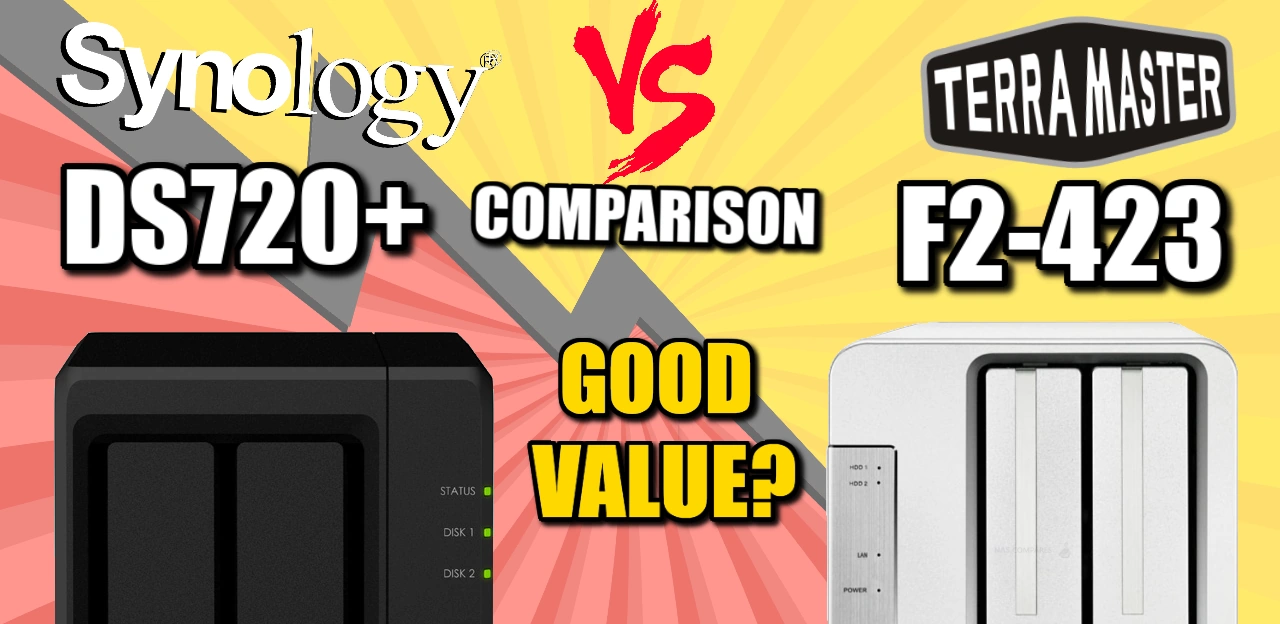
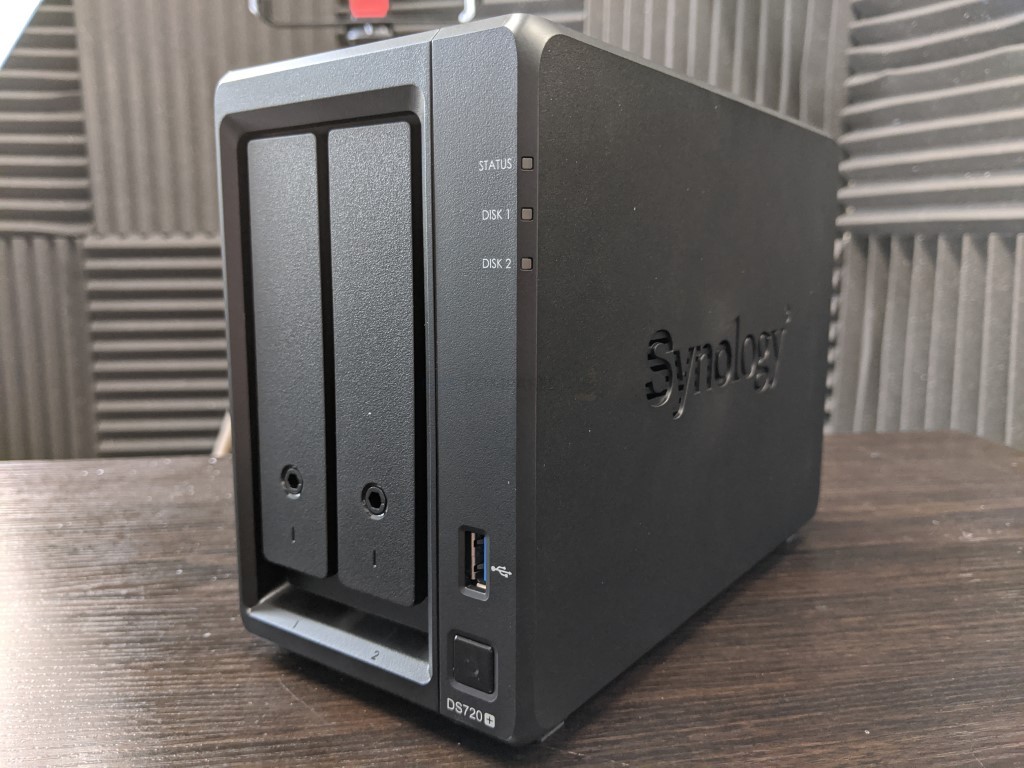
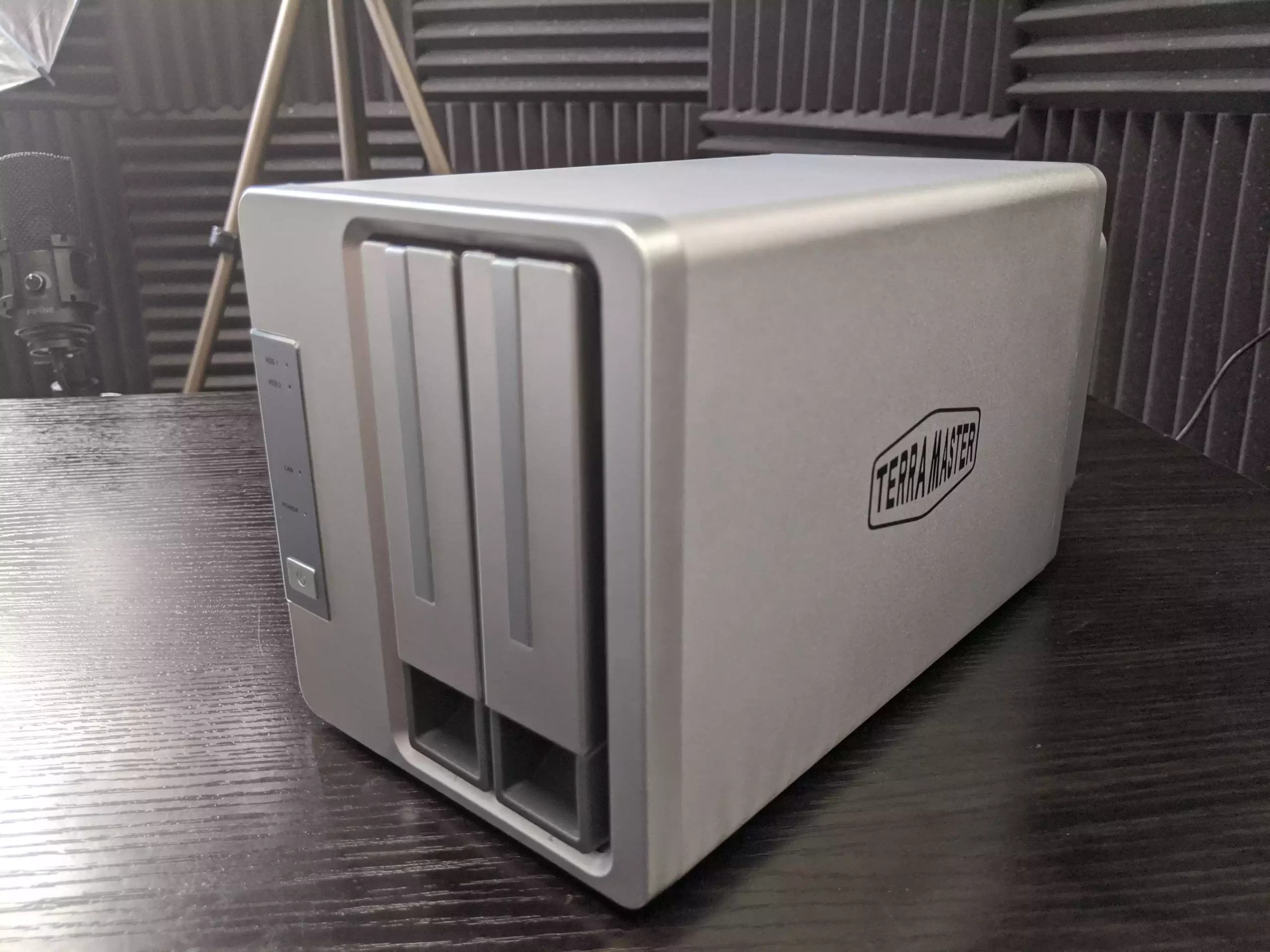
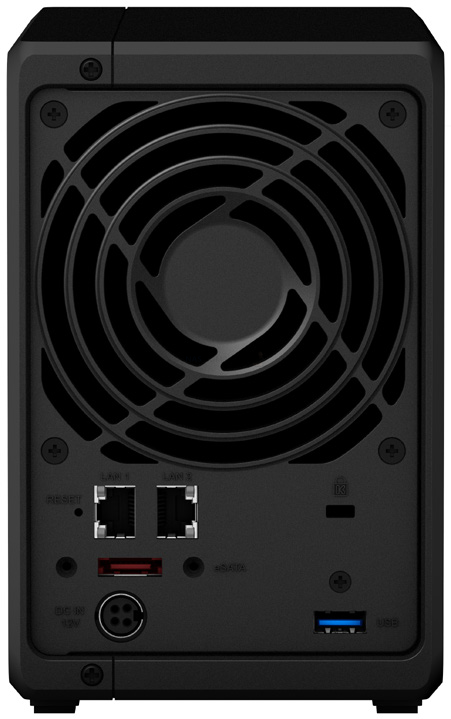
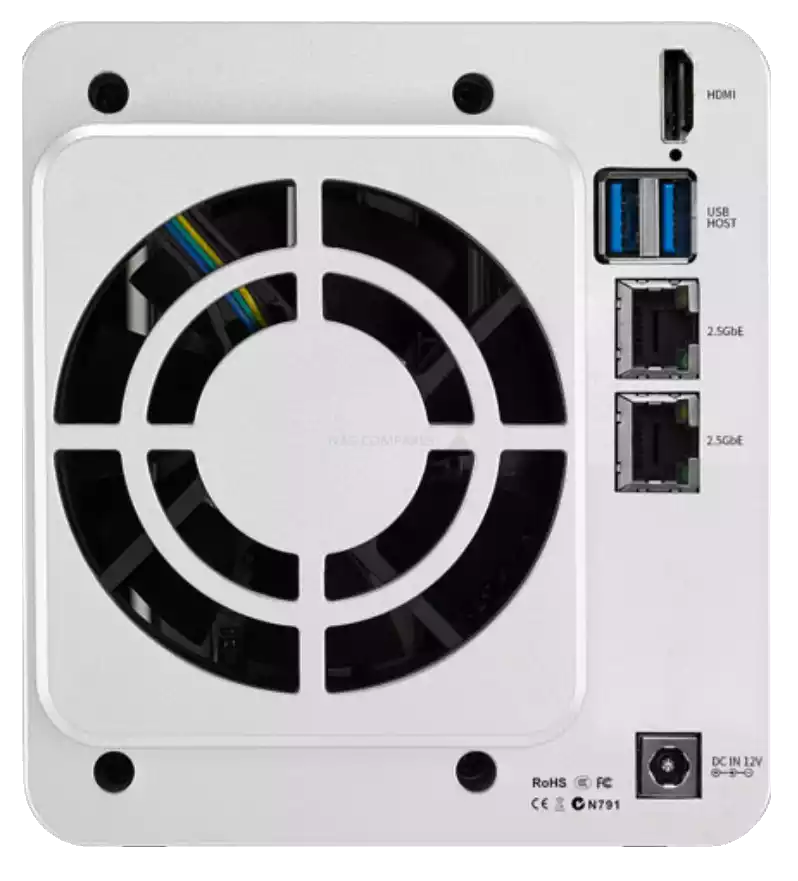
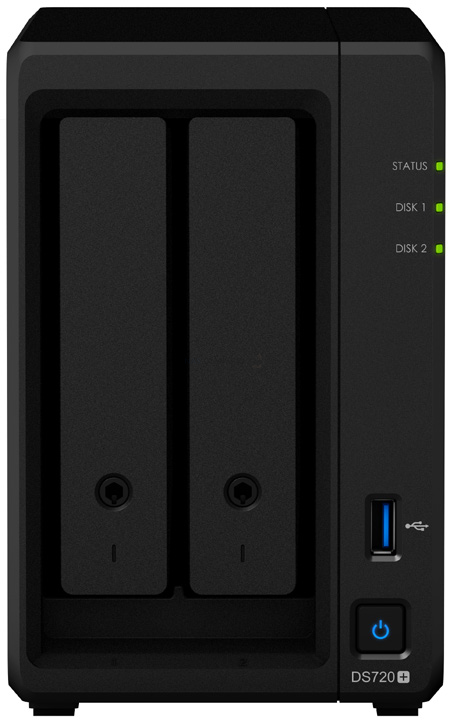
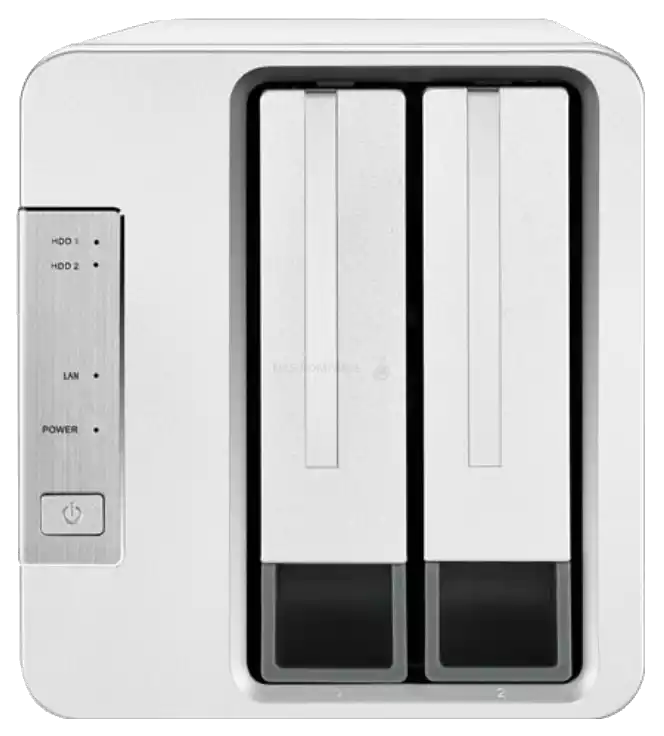



This setup is rather nuts than useful!
First: Dont install the OS on freaking 4TB, those drives are for your Data. What a huge waste
second: You can use every port for booting, but its smart to keep the front USB free for Keyboard/Mouse or a USB-Backup drive etc.
third: Use the USB inside as OS. You have at least 5yrs before a pendrive USB wears off. You can also use a usb-to-sata and use a sata drive. (In the Terramaster-Case use a 99degree Angle USB-Cable as there is tiny space)
REPLY ON YOUTUBE
This is really a shitty video. Did exactly what described. Terramaster F2-423. Trunas installed on 32gb bootdisk with rufus. Tried diverse bootmethods.. Booting from nvme. Boot tos disabled in bios. But the system never booted in TNAS. It stucks in de TNAS menu. Reinstalled the original TOS usb disk. After changing de bootdisk to BIOS, the system boots into the shell.
REPLY ON YOUTUBE
Terranas boots up in GRUB and not TRUENAS. Removed de usb stick. Changed bootorder to NVMSE2. But keeps booting in Grub and keeps saying Tos boot USB storage not found. This is not as expected. Really disappointing.
REPLY ON YOUTUBE
Hi – thanks for the great video, it helped me decide to get this F8 SSD Plus. People are mentioning the slow RAID rebuild speed: perhaps it a new setting, but in the TOS 6.0 interface under Storage Pool settings (gear icon top right), you can set a custom speed. I set the minimum to 512MB/sec and the max to 800MB/sec, and after logging in via SSH and running “watch cat /proc/mdstat” was able to see this running around 800MB/sec! Not sure where else to share this so please spread the word and save people hours ????
REPLY ON YOUTUBE
Can I do the same for TrueNAS Scale? Do you have a video for it? Thanks
REPLY ON YOUTUBE
So basically a Linux OS lol
REPLY ON YOUTUBE
Please don’t spin the mouse pointer like that!!!!!!!!!!!!!!!!!!!!!!!!!!!!
REPLY ON YOUTUBE
Does TOS5 support NTFS in terms of external USB 14TB HDD connection?
REPLY ON YOUTUBE
Hello !
Lately I’ve been carefully following your channel and blog about NAS systems.
At this time, the question arose of choosing between Synology DS423+ or Terramaster F4-423 NAS.
Before your reviews, I checked a lot of information about Terramaster and just like you, I came to the conclusion that Terramaster is much better in hardware than Synology.
Until the moment when the need arose to use something more compact and less energy-consuming than a PC with True Nas installed, I did not explore the market for compact NAS systems.
With Terramaster, new horizons and opportunities have opened up.
Great video review!
Still, I discovered one point in the video: it is not necessary to insert the installation/bootable USB flash drive from TrueNAS inside the Terramaster.
We only need it at the stage of system installation. Upon completion of the installation, it is advisable to remove the USB flash drive and put it aside so as not to occupy the USB ports and not create confusion in the boot devices.
TrueNAS can install the system on a separate disk or soft raid (if you select 2 identical disks during installation – for example, 2 SSDs)
Therefore, keeping the TrueNAS installation flash drive in the device simply does not make sense.
I will also say that if you install the system on a disk, it can no longer be used as part of a RAID array – RAID1 mirror, for example – this is at least what I know from personal experience.
To avoid such problems and inappropriate use of the disk (of course, you can separate the partition with the system and use the free space, but RAID will still not be available for creation), you need to install TrueNas on a separate physical disk – an SSD, for example, or better yet, 2 disks in software RAID mirror.
That way, if the system drive fails, our data in the storage pool will not be affected.
This still makes sense for replacing disks – the system remains the same as it was, but we only change the disks and create an array from them. All settings will be saved.
Perhaps I missed something or I don’t know from either side the whole TrueNas mechanism, but the general concept is this: the disk is separate for the system and the disks for the data pool are separate.
Thanks for the review! Good luck!
REPLY ON YOUTUBE
What is the reason to replace Terramaster’s OS with TrueNas? Does TrueNas provide better features? Is there any comparison?
REPLY ON YOUTUBE
hope you don’t want to encrypt your zfs volumes, performance is so bad on f4-423 🙁
REPLY ON YOUTUBE
I’m running this on a F2-423 and I completed the hardware process. When I did the bootup however, I got a message ‘grub_fshelp_find_file_lookup’ not found…any idea what I did wrong?
REPLY ON YOUTUBE
Would it not be advantageous to use the Internal USB socket to install TrueNAS on? Would be a sweet way to free up the NVMe slot for maybe a cache.
REPLY ON YOUTUBE
Got a F4-423 for only 400€ on prime day, cant wait to set it up, it sounds like a holy grail for plex by price/performance/energy consumption
REPLY ON YOUTUBE
Wow, that sounds total surveillance by terramaster. That is a double no, no. So terramaster is only an option with any other NAS software. Sad.
REPLY ON YOUTUBE
If the USB was used for installation only, what’s the purpose of keeping that inside???
REPLY ON YOUTUBE
I am looking at getting the F4-423 and x4 16TB in one go and want to run TRUNAS rather than the original OS from the start. What size of nvme would you recommend for the terramaster running for TRUNAS? I am thinking of WD Red SN700 1TB drives or Intel Optane nvme H10 for durability, one for OS and one for cache or would you recommend a different NVME config or brands? Later i think i would like to setup a second identical system as a second tier of backup, but the debit card can only take so much wear at one time after all.
REPLY ON YOUTUBE
Is this a better idea than building a DIY server? What are the pros and cons. That would be a good video… but also a fantastic comment reply.
REPLY ON YOUTUBE
Thank you for this incredibly information packed summary. I will be setting up my first NAS (Terramaster F2-422) next weekend, when the drives arrive. I consider myself to have a good grasp of general computing and network functions and processes. Having said that, due to the sheer speed at which this video tries to cover every conceivable part of the software, I’m going to have to watch it several times. Also for a beginner video, the assumed knowledge of acronyms and other jargon is extremely high, leaving me quite lost on several occasions. I appreciate the work that must go into these videos, and thank you for that. But by way of feedback, this is incredibly overwhelming.
REPLY ON YOUTUBE
Is it just me or does it seem like Terramaster is doing “Synology” better than Synology? TOS seems a lot like the best parts of DSM without as much of the weird quirks DSM has picked up over the years. And the hardware generally costs less. I realize there might not be quite as much polish here overall, but I’d consider this over Synology for my next NAS just for having AI object recognition in photos (c’mon Synology Photos!) And I prefer the overall aesthetic and colour scheme of TOS over DSM. The grey accenting is preferable over everything being blindingly white.
REPLY ON YOUTUBE
Hola, compre el NAD F2-210 de terramaster, es posible instalar este sistema en ese NAS o es muy limitado?
REPLY ON YOUTUBE
Can we get a wordpress video on how to put a website live with port forwarding??
REPLY ON YOUTUBE
I forward to see Firewall review TOS 5 but i don’t see deep review for this. Please make it more deep for this future next time.
REPLY ON YOUTUBE
Were the trash can ??? Please. On tos 4 there was
REPLY ON YOUTUBE
I kind of disagree with the Point of the Multimedia Software. I think the NAS-producers should stop developing their own Multimedia-Software. Why is this? First of all it is not their key competence but an unwanted step-child. For example the “best software NAS” Synology. The Android App for the Video Station is updated about/less than once a year followed by a second fix release. And it is not a rock stable App having tons of features. And the NAS-specific software misses the Plugins/addons of a/the community. They have no chance to get as good as multimedia apps like Emby, KODi, Plex or Jellyfin. I think it would be better if the NAS-producers would look out for a good open source Multimedia Software and contribute. They should implement a good integration in the NAS system. That would be a better choice. Just my opinion.
REPLY ON YOUTUBE
Bedankt
REPLY ON YOUTUBE
Hi greats from Ecuador – South America. ¿Can I change the OS from F2-210?
REPLY ON YOUTUBE
*Update, Synology DSM has been updated to DSM 7.1. So, check out my MASSIVE Synology DSM 7.1 Software Review HERE – https://youtu.be/SqFa0WyxGJc *
REPLY ON YOUTUBE
Thank you for the vid. I bought a F4-423 the other day and did this. Works great and much better in every way than the old server i was running as a nas.
REPLY ON YOUTUBE
“I hate seagulls”
REPLY ON YOUTUBE
Is it possible to instal truenas from USB to other USB? so i dont have to use m.2 ?
Also, is it worth to get TrueNAS over the TOS 5?
REPLY ON YOUTUBE
CRITICAL NOTE: This isn’t really viable for all Terramaster units!!!! 2/3 into the video a critical point is made. This should only be done on models that allow for a NVMe drive or if you plan to give up a drive bay for a drive to host the TRUENAS OS.
I saw these walk-throughs and went out and bought a F5-422. The F5-422 does not have a NVMe slot. And giving up a drive slot means forgoing the NAS configuration I planned on.
I tried installing TRUENAS on a flash drive (even though it isn’t recommended). The install fails.
I tried installing TRUENAS on the internal flash drive port (I put the ISO file on a different flash drive plugged into an external USB port). Booting off a flash drive mounted externally worked. In fact the external USB ports are super fast (at least 400MB/s) compared to the internal one (40MB/s). So the installer and OS load goes really quickly (but actual OS launching would be slow if this worked since the internal port is slow). Again though, after the OS install happens it tries to read from the assigned OS drive and fails. The install self terminates when it sees this error.
REPLY ON YOUTUBE
Beside of Hardware and simple file share you can’t compare synology with TerraMaster.. The software library on synology is way in front of any other nas company
REPLY ON YOUTUBE
I have a F5-422 and am getting the following when I try to install: “mounting from ufs:/dev/md0.uzip failed with error 2”. It loops like this for about 3 minutes and then dies. The only other oddity is that I have to spam Esc on boot-up and select the USB drive as it insists on going to TOS otherwise. Any suggestions?
REPLY ON YOUTUBE
1Gbe is too slow. 10Gbe connecting at 2.5Gbe speed is 2.5 times faster. Let that sink in and there are hard drives than can deliver it like the WD Gold. F2-422 looks good enough. 2.5gbe adapters are cheap and so are switches. No reason to stick at 1gbe.
REPLY ON YOUTUBE
Feel like the install process should have been to replace the internal USB key with a blank, boot TrueNAS a 2nd USB drive off one of the external USB ports and install it to the internal blank, was there a reason you didn’t do it the way you did? Are the external USB ports non-bootable or something? Like nvme/SSD would be quicker, but can’t imagine HDD would be a lot faster than USB.
REPLY ON YOUTUBE
This is now on my F5-221 and it is pretty good. That TRAID is fantastic!
REPLY ON YOUTUBE
Can anybody confirm the Ram capacity on the F4-423? Docs say 32GB, chip seems to handle 16GB? Anybody tested this? Would like to save a few pennies if 16gb is the limit.
REPLY ON YOUTUBE
Why are you using TrueNAS Core and not the scale version actually ?
REPLY ON YOUTUBE
If I don’t already have a TerraMaster NAS and the intent is to use TrueNAS would there be better alternatives retailing NAS chassis with integrated motherboard/cpu to buy or is it that buying a TerraMaster NAS just for its chassis/mb/cpu is a bargain?
REPLY ON YOUTUBE
I just ventoy now for multiple bootable isos on the same usb sticks instead of Rufus.
REPLY ON YOUTUBE
To your knowledge, does this work with the Terramaster new T series NAS as well or only the F series NAS? Or do you even suggest not using the T series? Thank you in advance!
REPLY ON YOUTUBE
Hello and welcome to my comment. And that is right. I have a quick question. 🙂
I was just wondering why you got a USB drive specifically to fit inside when it didn’t need to stay there. I assumed that the software would be installed on the internal stick and it would remain inside but clearly not.
To save pulling it apart twice (once to swap the drive, and again to remove it), wouldn’t it be easier to remove it the first time and then use an external USB port with any old stick we find kicking about the place? I assume there’s a specific reason why the internal USB port is the best (or only) choice here but I may have missed it. I was just thinking about missing a step and halving the potential for damage by only ripping the thing to bits one time.
Also, a second question if I may: I was under the impression that TrueNAS required (or advised) the use of ECC memory. I’m not sure that Terramaster supports it, and the memory you selected didn’t appear to be ECC. I haven’t looked into either yet, by the way. Any thoughts on that?
That’s all from me. I didn’t realise that was even possible, and I may consider getting a Terramaster NAS for use as a low-powered home Linux server on the back of your presentation. Thanks a lot for the video.
REPLY ON YOUTUBE
Like yousaid over and over again best commercial NAS is QNAP TS-h973AX-32G period.
REPLY ON YOUTUBE
TOS 5 was a major flop so I’ll be using true nas core
REPLY ON YOUTUBE
I’d Love to see this on some of their rack mount models like the U4-111 or U4-423
REPLY ON YOUTUBE
Are you going to do a tutorial for getting Unraid on the TM too? Really interested in a T9 or T12 and if it can use Unraid, it’s an absolute deal for me.
REPLY ON YOUTUBE
I’d like Terramaster would be all black with side silver TerraMaster logo.
REPLY ON YOUTUBE
This does create the ultimate zfs NAS in my opinion. Really thinking to replace my very outdated Qnap (839-pro) with this setup.
REPLY ON YOUTUBE
Why not remove the fan connector from the mainboard before you install the USB stick? that could make things easier. I think.
REPLY ON YOUTUBE
Isn’t Terramaster one of the companies that has been hit with ransomware attacks relatively recently? Does installing TruNAS, instead of using the factory-installed OS, help to mitigate these attacks?
REPLY ON YOUTUBE
Quick question: it’s a bit off topic to the video but it’s regarding replacing a wifi card in a laptop (I was watching a video from 2 months ago on this topic):
Question: what would I do if the wifi card I’m replacing is the exact same model as the one I had? What would I do in terms of installing drivers?
I have an Acer Nitro 5 AN517-51 with an Intel Ax200 wifi 6 card in my system. Recently I was doing a fan replacement and repaste of the heat sink, and I accidentally pulled the aux cable and the aux connector attached to my wifi card came off while trying to reattach the wire.
I wasn’t sure if I should upgrade to AX210 (cause I’m scared of it not working, then I have no working laptop at all), so I was wondering whether I could just do a straight swap of AX200 for AX200 and would that require any driver installation beforehand, if the card is the same model as the old…?
Or would upgrading to AX210 be better all round as a solution. I just want the least painful and quickest experience, which is why I thought AX200 for AX200 may be as I may not need to fiddle with driver updates
REPLY ON YOUTUBE
Will something like this work on a asustor lockerstor? ADM is half baked.
BTW your channel is awesome and crazy helpful.
REPLY ON YOUTUBE
Alles sehr schön. Aber zuerst zusammen die Nummern 10 und 1. Eine verwohn.online Brünette und eine anderec Blondine. Es wäre unfair, wenn ich 4 wählen würde
REPLY ON YOUTUBE
Ahh of course, when you don’t really know:
You do not need a display output!
Simply install on a PC and then move to this device, boot and simply find the IP address.
Do not install on a regular USB drive as it will fail sooner or later. Spend a little more for an USB SSD, NVMe or a high endurance USB drive.
Just make sure your device has an Intel CPU and NOT an ARM CPU!
REPLY ON YOUTUBE
16:50 I don’t think we were meant to see that.
REPLY ON YOUTUBE
great review.
was very excited about TRAID but disappointed in how incredibly SLOW it is to create, did you notice this in any testing?
REPLY ON YOUTUBE
What do you think of TerraMaster T6-423 as a Plex Server ? In America it’s $699 way lower cost than synology or Qnap. Let us know thanks again, keep up the great work!!
REPLY ON YOUTUBE
Where is dedup?
REPLY ON YOUTUBE
hello sir how are you i have a qnap ts-53b but i feel the device is very slow and the system is slow
REPLY ON YOUTUBE
With all the QNAP exploits lately, Terramaster creating a way to remotely access the server is a hard pass.
REPLY ON YOUTUBE
Hated it, not a improvement. Went back to the old version. Had nothing but issues. Of course Tetramaster blamed me not Thier OS. Maybe try it later when it’s been fixed.
REPLY ON YOUTUBE
Having read some of the TerraMaster forums over the TOS5 update I think I’ll be skipping on this one and going after an Asustor Lockerstor 4 instead.
REPLY ON YOUTUBE
For the price, hardware, and lack of hardware restrictions… Terramaster might end up being the easier sell over Synology. Depends on stuff like available memory, expandability, ECC or not, nvme cache or not. Might check back in on TM down the line if I don’t like my unraid adventures.
REPLY ON YOUTUBE
Hai anna iam Nagendar Anna na age 42 vor.monster qualification m.l.t medical lab techniciang ,Srpt lo jobs unte cheppagalaru anna.with govt Jobs
REPLY ON YOUTUBE
JEEEEZ!
I am only liking and commenting to defeat the YouTube algorithms. I am not the target audience for the Terramasster.
REPLY ON YOUTUBE
Connecting a NAS directly to the internet, geez. I’ve also come to realize that no matter how intuitive software is the best course is to read the documentation and plan the installation. The read twice, install once method, per se.
REPLY ON YOUTUBE
I think we have a winner
REPLY ON YOUTUBE
I just bought the F4-423 – never used TOS and went straight to unraid … changed the USB Stick in the unit to a unraid trial one. Changed some Bios-settings on the first boot. Put 2x16GB in – they run @ 2999 MHz + 2xM.2 as cache pool (BTRFS-Raid1). 2x18TB-Disks (xls) just finished parity after ~21h. 2 more disks are coming. Out of the box everything worked except CPU-temps readout…but i am investigating (disk and M.2 temps are working). Now busy with setting up the rest. Let’s see how stable the system is after some weeks. I am testing now transfer speeds, rebuilding, installing containers….
So yes…500 USD for a small motherboard, processor plus backplane, 2xM.2 slots and 2×2,5GbE is a lot…but if you start at “nothing” and consider the ease of first setup + getting all components in these times…its cheap and in a very small external package + sipping power. CPU usage was 8-14% during Paritycheck @280MB/s…now ~3-4% ideling in WebGui. It was a promising start… but now i am of learning more and more things about unraid…one big plus so far is the community. I will test this for one month and decide to move it in production.
I came from a DS107+ and later a DS414 that will be EOL soon – so I know what i need in terms of size and power. Synology was very good for many years of service with little to no hickups – but synologys more and more walled garden are not my thing. So it was time to change horses since i am on linux/windows anyway. There was also no point in waiting for DS422/423 whenever that would come out. Now was the time.
REPLY ON YOUTUBE
I think the Terramaster is going to be my next NAS. It’s already cheaper than the DS920+ so lord knows how much more the 922 will be when (if?) it’s ever released. 2×2.5GBps ports, better memory. Better processor. Better onboard graphics. Just 2 grey clouds; TOS5 release date and HD compatibility… I will say that the TOS5 live demo looks a lot like DSM in some places…
REPLY ON YOUTUBE
Hi @Robbie i got my DS920+ in june 2021 for £404.39 Good Price but its normaly a lot more i dont know why as they are not worth the money and as for a DS922+ or what ever the next one will be and will you have to get there memory and there drives to get your warranty this is not legal in most parts of the usa but for me its just immoral and a shady way to do Business as for the m.2`s not being able to use as raw storage .. end of rant 🙂
REPLY ON YOUTUBE
Have you done the DS920+ vs. the Asusstor Lockerstor 4 (AS6604T)?
REPLY ON YOUTUBE
I wrote to you previously about Synology vs QNAP tp replace an old Drobo. My needs are not immense but I need an enjoyable environment without the hard workout of the OS. I have just bought a 920+ on Friday and am having a great time going through the learning process. I am a software hobbit and DSM7.1 is keeping me happily occupied for some time to come. I did have a look at the 423 but the TOS with TRAID is still beta so that is not in the consideration. Thank you for your wonderful videos.
REPLY ON YOUTUBE
You love seagulls, I am sure of it 🙂 🙂
REPLY ON YOUTUBE
Thanks. I’m still strongly leaning towards the 1520+
REPLY ON YOUTUBE
Great and very timely video.
REPLY ON YOUTUBE
Don’t know if I missed it, but any comments on the noise between the units?
REPLY ON YOUTUBE
Great comparison, as always
REPLY ON YOUTUBE
????????????????????????
REPLY ON YOUTUBE
????????????????????????
REPLY ON YOUTUBE
Hello!
REPLY ON YOUTUBE
Terramaster is awful, I own one. Security is poor, support is poor, updates are poor, user interface is poor. I’m running back to Synology.
REPLY ON YOUTUBE
I cannot beleive that there is NO WAY to sync any folder and file type from android device to synology nas… that drives me nuts… it’s either super complicated third party app to configure or the only syncing possible is with ds file that does ONLY pictures or synology photo crap app… I just want to sync ANY folder and their files in it (like download, ringtones and so on)… why the hell can’t synology do such thing ??? ds cloud does NOT permit to sync android folder to nas, it only sync the cloud that is on the nas to the android device, I want the other way around, there is no way to sync android ANY type of android files to nas.. urgh…
REPLY ON YOUTUBE
My synology is messing up my local network and I can’t figure out why. Internet drops for a few seconds every few min on all connected network devices. If I disconnect the NAS from the network, it seems to work just fine.
REPLY ON YOUTUBE
Login Speed – seemed easier with entering user name and password on the same dialogue to only hit enter once, especially when credentials are stored in the browser. Perhaps they changed it for increased security, prefer the old way.
REPLY ON YOUTUBE
8:40 – I wish we could find the person responsible for using a Funnel for the filter icon and make them walk the plank. Funnels are not filters.
But its too late now. The damage is done. People associate the funnel image with the filter action in software just like they associate the piece of paper with a folded corner for “new file”.
REPLY ON YOUTUBE
The missing “For you” from moments sorely missed – it was a great AI system for finding potential duplicate (or near duplicate) photos that just doesn’t work as well as the storage manager reports that only really find exact duplicate pictures.
REPLY ON YOUTUBE
1.Log center cant be modified or set to exclude users or certain things you dont want logged.
2.It is not compatible with DScloud anymore so you cant sync to mobile like you can do on DSM6 with the DSCloud app from Synology but you can use the Synology Package Center to download Resilio Sync or Good Sync but you have to pay a monthly/yearly fee for every user.
Unlike Qnap when you buy your hardware, you arent forced to pay for syncing from and to your own hardware.
With that said there is still a solution using Webdav to-way Nas-pc with Raidrive but you have to pay for software for Pro features.
Mobile sync: Use Foldersync to-way Mobile-Nas, but you have to pay for software for Pro features.
So far as i am aware of limitations using Synology DSM7 when it comes to syncing —> If you want Pro features or you want to use your Nas without reaching out to third-part software without paying extra fees it is recommended to switch to other Nas brands for me i feel Qnap has been working using 30 users for Laptop/Pc/Mac/Android/Iphone all Apps/Software working perfect Pro features without paying extra fee´s or forced to use third-part tools total control for Log center, File-Folder, Photo, Video, Virtualization, Web-sites and so much more.
Other annoying difference i had with Synology i had was this—> i had to make a ticket to find out i cant use Synology Mobile App DS Cloud or that one cant choose what Synology Package-Log Center loggs, it wont let you choose to include, exclude or to delete certain logg if you press Clear button on the loggs that are in “Files downloaded” it deletes all, if you clear “user logins” it deletes all that and you cant revert the deletion.
REPLY ON YOUTUBE
Totally agree with your view on Photo Station. I’m glad you covered this as your feedback might get recognised. I don’t want to upgrade until Photos is comparable to what Photo Station had/has to offer.
REPLY ON YOUTUBE
almost perfection?
Audio Station is totally broken, playback is being cut off,
Media indexing fails to scan more than 50% files,
translations in DSM are not complete, some even have nonsense,
I have no idea what Synology have been doing all the time releasing such buggy software
REPLY ON YOUTUBE
918+ here with upgraded 16gb ram. Am I going to have issue if I upgrade to 7?
REPLY ON YOUTUBE
How do I change dsm7 login page to have username and password on same page?
REPLY ON YOUTUBE
Useful but a bit of a ramble with Robby. My time notes:
https://youtu.be/xZrjPF4nmRc?t=674
11:14 User Interface
12:00 Help Center
12:35 Control Panel
14:03 Security
15:27 Collaboration Suite
15:45 Synology Drive
17:18 Multimedia Apps
18:47 Plex and 3rd party app issues
19:47 DSM 7 background package integration improvements
20:25 HyperBackup, USB copy
21:24 Cloud Synchronization
22:27 Business Applications
23:30 Storage Manager
25:15 Fast Raid Repair
26:35 RAID 6 speedup
27:19 Bench testing, storage performance, UI improvements
29:00 Surveillance Station
30:04 Virtual Machine Manager
32:40 USB changes on DSM7
34:08 Security and UI
34:40 Resource Monitor and UI
35:00 Storage Analyzer
36:55 Recommendations
REPLY ON YOUTUBE
I’ve installed it as a VM on my DS1821+ and I’m completely disappointed with the new photos app. Maybe I’m old fashioned idk but the way timeline view is implemented it doesn’t allow you to look at a timeline on an album level anymore like you could do in photostation. You have to choose between album view or timeline view. I like to look at my photos different ways and this makes the app kind of unusable for me. Additionally I would like them to shows tags on the timeline view when you’re inside an album that has multiple albums underneath it but no photos in it directly. I’ve reached out to them but very little hope of it getting done in my opinion. I’m not upgrading until photos is useable as photostation is no longer supported on dsm7. Additionally I had a lot of indexing / conversion issues on my VM with my photos directory. Not sure if that’s just a VM issue or not
REPLY ON YOUTUBE
you talk way too much unnecessarily !!
REPLY ON YOUTUBE
The audio is of sync with the video
REPLY ON YOUTUBE
Since when Synology uses china domains ? Isn’t it Taiwanese company ?
REPLY ON YOUTUBE
How to downgrade back to 6.2?
REPLY ON YOUTUBE
Hi. Is it safe and or good for my Synology 920+ to be shut down during the night and sometimes for 30 days at a time while away? Many thanks for your great videos.
REPLY ON YOUTUBE
I upgraded both my DS 218J and my brand new DS920+ to DSM 7.0 and liking it a lot! No real problems. Moments with my Photos lost its tags during the transition to Synology Photos. I have to redo them but that’s ok. Everything else is great. I agree with this review.
REPLY ON YOUTUBE
so is there any reason for me to wait for the DSM update to come through automatically on my DS1520+ or should I just manually update now? Is it likely that more changes will be made to it before the automatic update comes through?
REPLY ON YOUTUBE
Boomer taskbar, jam packed .. just needs a few AoL or Geocities taskbars floating on the desktop to finish the effect.
REPLY ON YOUTUBE
No Java= no jdownloader????????
REPLY ON YOUTUBE
Does DSM 7 introduce any issues with access via the NFS protocol? I use my DS420j strictly as a file server in a Linux environment and do not really care about photo station, music station, etc. Quick, reliable access via NFS is my main concern. Thank you for your fine videos.
REPLY ON YOUTUBE
Photos all seemed to work once I requested a re-indexing. However, photo sharing is completely broken. Even if you request that anyone can view with a URL, Synology NAS still requests a username and password. Sigh…………………
REPLY ON YOUTUBE
I notice the absence of Amazon S3 on the cloud service for HyperBackup… Is it still possible to backup to Amazon S3 Glacier storage in DSM7? Or they removed it not to compete with their own C2 solution?
REPLY ON YOUTUBE
Thanks for your valuable videos. I missed the loss of DS Cloud, so syncing became a problem. I started using Syncthing after upgrading to DSM7. I also have a problem with Synology Drive from my laptop on a company network, while using Express VPN. It keeps trying to connect to the server. When I switch off the VPN it works fine. Maybe I will switch to Syncthing on this Windows machine as well. For me this is a key function for a NAS so I didn’t expect it to work less good. But all and all it’s a big improvement.
REPLY ON YOUTUBE
For anyone has done the upgrade, how long did it take please ?
REPLY ON YOUTUBE
Great video, thank you!
REPLY ON YOUTUBE
No mention of the issues with third party packages that worked fine in 6.2.4 but no longer work in DSM 7, it might be almost perfect IF you only use Synology apps.
REPLY ON YOUTUBE
Not upgrading until they add support for android folder backup/syncing!
REPLY ON YOUTUBE
Hello, I am sure that it will surely be for reasons of not extending the video too much, but your way of showing and explaining the news and characteristics of this new DSN are not very clear, at least for me you are going too fast and a bit messy. I’m not saying it in a bad way but I think you could do it in a more calm and neat way. Thank you very much anyway.
REPLY ON YOUTUBE
DSM 7, adding support for Google Shared drives via Cloudsync is a Big + for me
REPLY ON YOUTUBE
I use a KDLinks media stream box to watch movies and videos I store on my Synology NAS DS918+. Does DSM 7.0 support the ability for the stream box to sign into the NAS and stream the files?
REPLY ON YOUTUBE
i don’t like in the Download station the “downloading” word is blue and no longer green
REPLY ON YOUTUBE
This man is clicking faster than his shadow ????
REPLY ON YOUTUBE
20:53 I ran into the exact issue you have 2 days ago on DSM6.2.4. I opened a support ticket that is still open, however I suspect it’s a browser based issue. Try opening in a different browser and see if you can view all of the back up options in that. It’s a Munster to me how this happened as I even cleared my browser cache and it persisted in Firefox. When I opened in safari it was “fixed}
REPLY ON YOUTUBE
Who knew FooOOZ is the correct pronunciation of FooToes. Just kidding ????
REPLY ON YOUTUBE
Great video – in general the audio is a bid low on your videos, would it be possible to turn it up a notch? Thanks 🙂
REPLY ON YOUTUBE
Show idea, upgrading synology hardware. Example, use a ds213 case and change the motherboard to a newer model including modifying the case for USB ports if needed.
REPLY ON YOUTUBE
Your shows are good, however, can you please make them shorter/succinct. Perhaps add text boxes on the screen so we can see that as you move on. Again, you do a fantastic job ???? thanks for your hard work.
REPLY ON YOUTUBE
Photos was over-promised, and under-delivered…. Mostly hype
REPLY ON YOUTUBE
One thing I’d love is for larger NAS to support mounting volume from older smaller NAS.
For instance, I had an old DS411j that failed on me, one of the drive failed but the NAS was full, so now I can’t even start it up. I just wish I could buy some of the 12 slots new NAS and then mount my 4 old drive into the new system and then just transfer data and format the old drives to add them to the new volume. I asked Synology if we can do that, their answer: nope, unless you build a Linux computer and mount drives on Linux and transfer your data. If I need to build a Linux computer, I’d better off just to use FreeNAS and never have to deal with Synology DSM…
REPLY ON YOUTUBE
Microsoft Edge is base on Chromium, so any issues you have with Chrome will most likely happen in Edge as well. You need to test on browses like Firefox that are not base on Chromium.
I use Firefox and only have one M.2 slot filled and the 4 HDDs bays are full. Testing what I could zooming out made the empty M.2 disappear. It did not make the icon show under the other one as shown by you..
REPLY ON YOUTUBE
What’s the later on PLEX… yesterday I was advice to use Docker as PLEX is not installing correctly?
REPLY ON YOUTUBE
still no on-demand sync for Synology Drive w/ Mac OS in DSM7. Synology really dropped the ball for Mac support. DSM7 not worth the hassle.
REPLY ON YOUTUBE
Is it possible how do a clean install Synology dsm 7 on my new Synology ds1520Plus?
REPLY ON YOUTUBE
I would have liked more analytics inside VPN Server eg bandwidth consumption from each user (up/down) ????????♂️
REPLY ON YOUTUBE
i have a test DS119j and upgraded it to DSM 7 and it’s very slow. Tested 4gb of photo’s and the database is going on for days.
Going to upgrade my DS1821+ now. Hope 10GB will still work.
REPLY ON YOUTUBE
For the past week, Universal Search has been HOARDING CPU and RAM!
Indexing just goes on and on and on, non stop!
I can’t find a workaround!
Disabling Universal Search in DSM 7, disables Synology Drive and Synology Office
Instructions for this problem, found on forums, are all for DSM 6 and DON’T work on DSM 7
This is pathetic!
REPLY ON YOUTUBE
For me it doesn’t matter as much if the new apps arent quite as good as the old ones yet as long as they have been written on a newer platform that easier to add missing and new features later rather than an app that was based on ds 4. Apple’s old website went down before a launch not to increase excitement but because it was old and rubbish and had to be .
REPLY ON YOUTUBE
2fa should be incorporated Into DS finder having said that authy is miles better as you can transfer it to other devices
REPLY ON YOUTUBE
Did you do a manual update or did DSM 7.0 show as an update automatically? It has not shown up on my RS1221+ or DS216+II in Canada yet…
REPLY ON YOUTUBE
Still I have hibernation issue and I opened a ticket with Synology support. After analyzing the debug logs, they came back with SMB and VMM are the cause of periodic waking up of HDD’s. But still I couldn’t find an answer from support that why this periodic waking up which exactly happens each hour related to VMM and SMB, assuming no laptops connected to NAS in the test period and no VM was running. Will update in case support answers me.
REPLY ON YOUTUBE